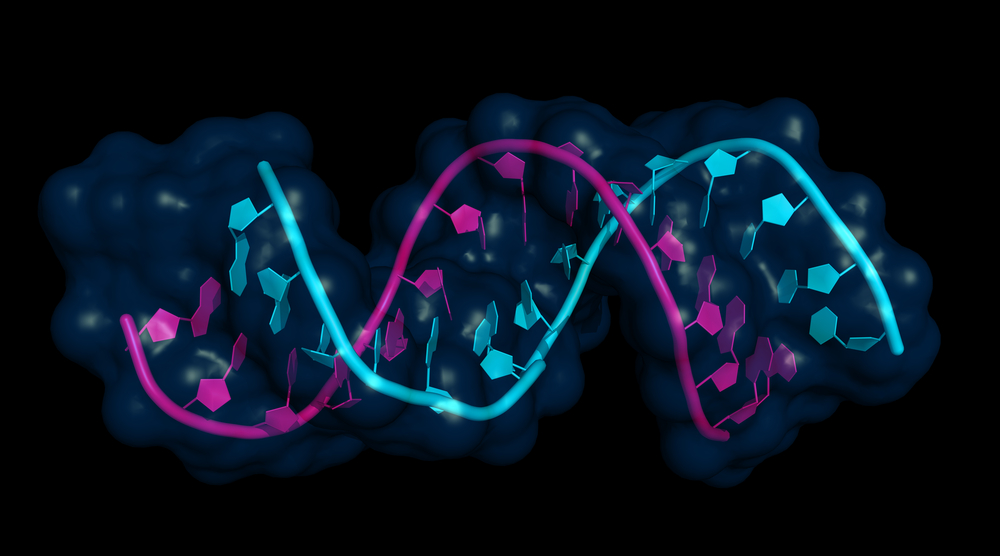Huntington’s Disease ‘Gene Silencing’ Drug Given to First Human Patients

October 19, 2015, marks a historical day in the treatment of Huntington’s Disease. At University College London Hospitals, patients afflicted with the degenerative neurological condition that day received an innovative new “gene silencing” drug. There is great hope that this drug will revolutionize the treatment of this destructive disease, for which there is currently no cure or effective medical interventions.
Huntington’s disease is a hereditary illness in which brain cells die, causing involuntary, jerky movements known as chorea, as well as dementia and psychiatric problems, and which eventually leads to death. Based on genetic information, and because Huntington’s runs in families, it is possible to predict Huntington’s disease years before symptoms appear.
Researchers at the London-based hospital are using ISIS-HTTRx, a medication discovered and developed by Isis Pharmaceuticals, that is injected into the cerebrospinal fluid where it travels to the brain to target the gene responsible for creating a toxic protein known as mutant huntingtin (Htt). This is the first treatment that attempts to delay the disease progression and, possibly, directly halt its cause.
The medication is what is known as a “gene silencing’’ or “antisense” drug. It attaches to the mRNA, which is a cellular messenger activated by the DNA code. ISIS-HTTRx is designed to block the huntingtin mRNA, inactivating it and preventing it from making the toxic protein. Scientists at Isis studied ISIS-HTTRx for more than a decade before testing it in humans. The initial study is what is called a Phase 1/2a trial that mainly focuses on establishing drug safety.
The investigators will also measure mutant huntingtin protein in the cerebrospinal fluid, and the study will include patients with early symptoms of Huntington’s from six medical centers based in Europe and Canada.
Global chief clinical investigator of the trial Professor Sarah Tabrizi, director of the Huntington’s Disease Center at University College London Hospitals’ Institute of Neurology and UCLH consultant, remarked, “I’m thrilled that this antisense drug has now been safely administered to the first patients. Families ravaged by Huntington’s disease have been waiting for this milestone for decades. I look forward to ensuring the smooth running of this first trial and hopefully seeing ISIS-HTTRx through to efficacy testing and licensing.”
Cath Stanley, chief executive of the Huntington’s Disease Association of England and Wales, added, “As well as being desperate for good news, the Huntington’s community is uniquely well-informed and engaged with progress in research across the world. RNA-targeting approaches are especially exciting because they tackle the problem at its source — the production of the mutant huntingtin protein. The ISIS-HTTRx trial has been eagerly awaited for many years and we hope that the news from the trial continues to be positive.”






